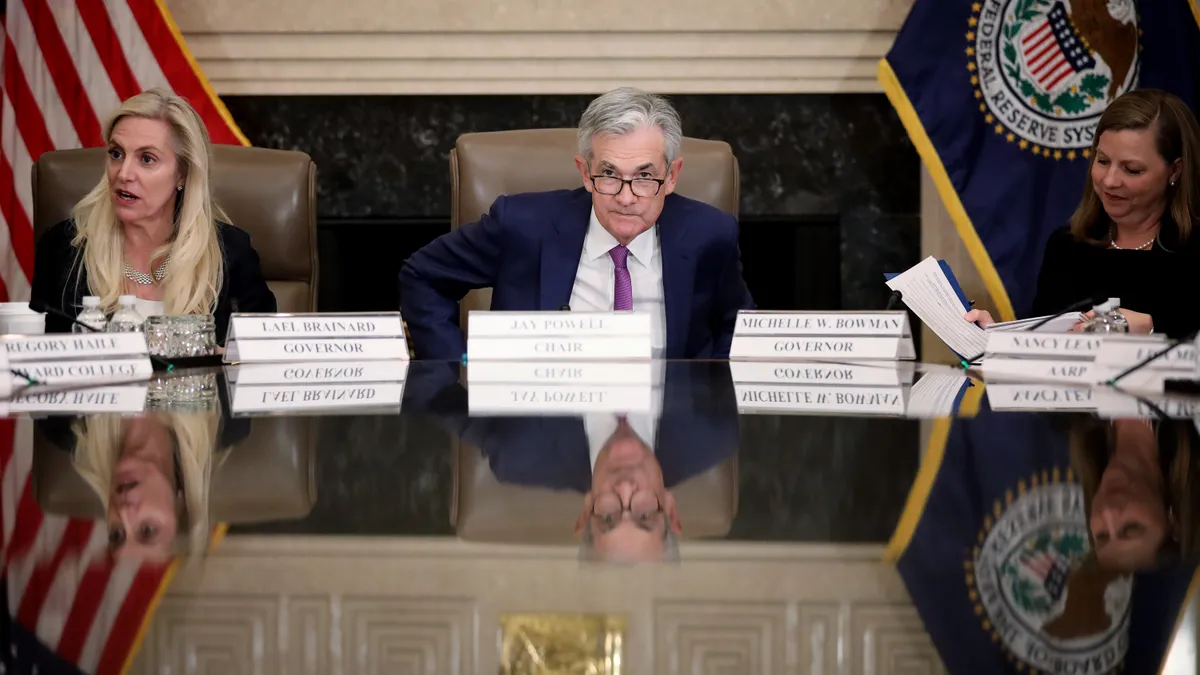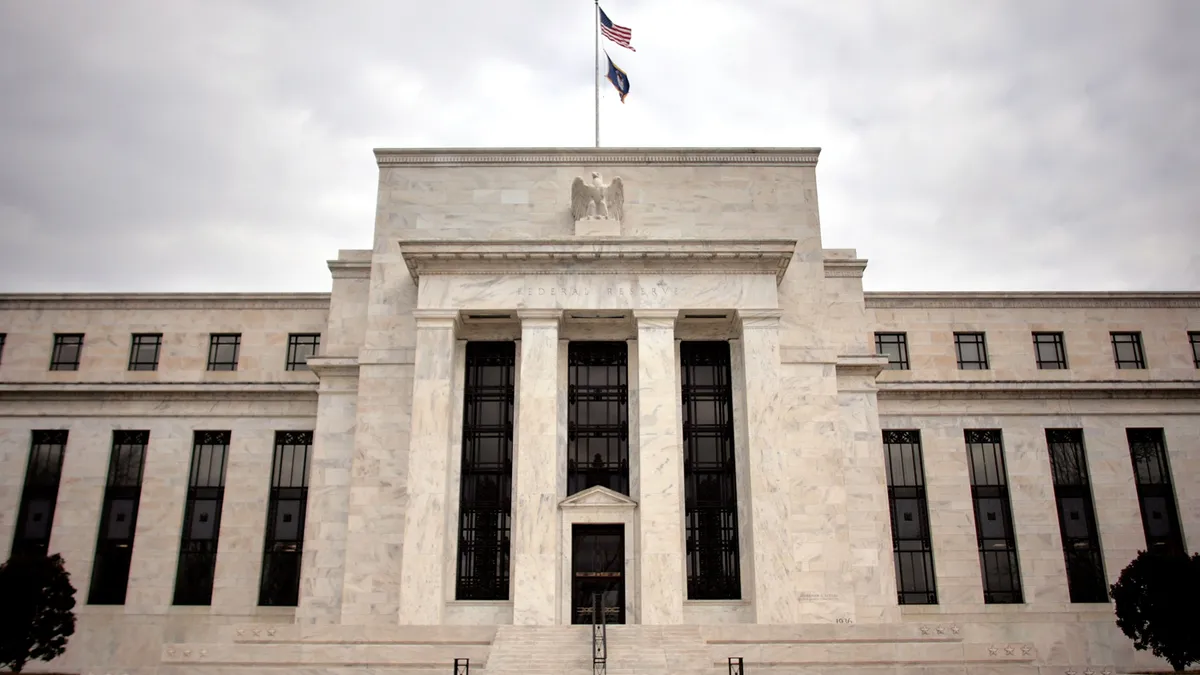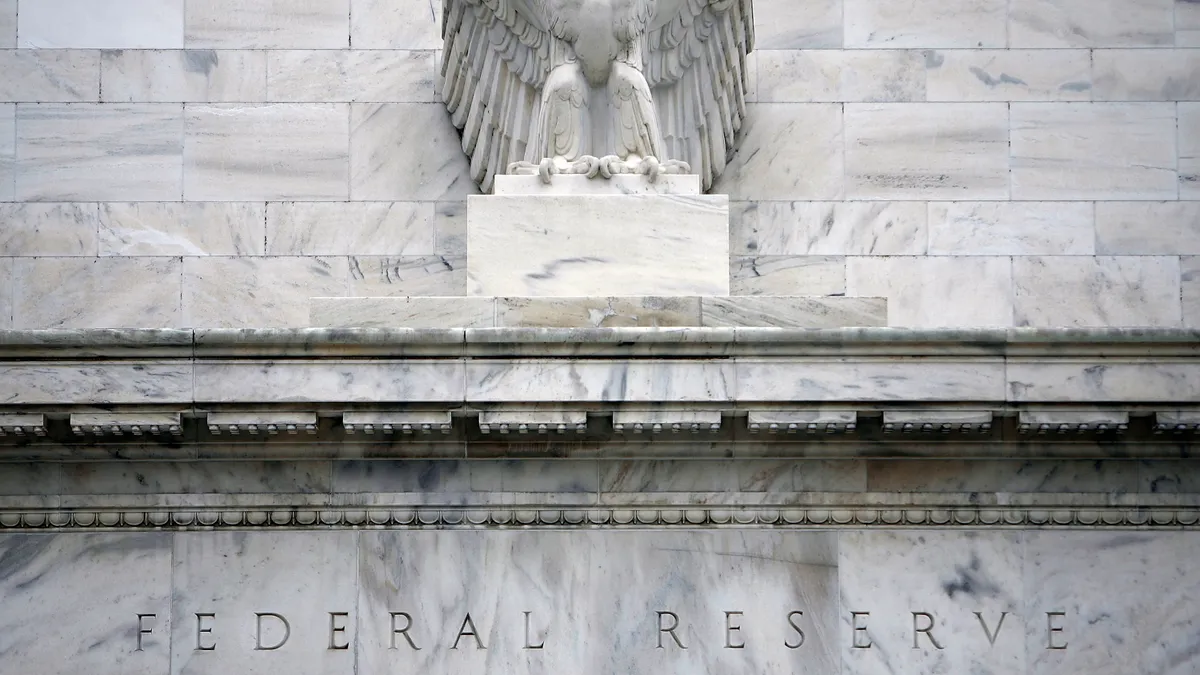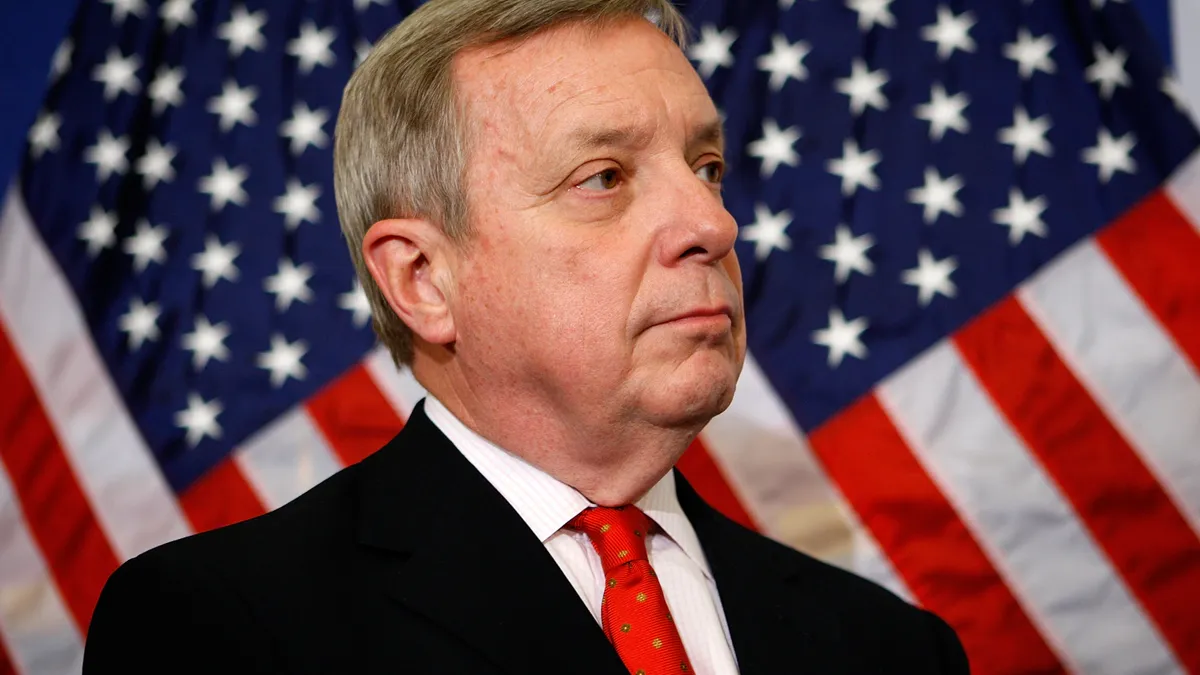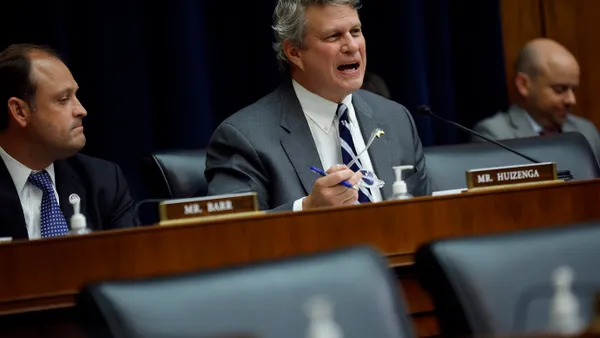The Federal Reserve Board is now awash with 560 comments from payments market participants espousing the pros and cons of a seemingly simple rule clarification proposal on the processing of debit card transactions.
Apparently, it’s not so simple. In May, the Fed proposed a clarification of existing rules that require debit card issuers to ensure that at least two unaffiliated payment card networks are available for routing debit transactions. The central bank previously gave interested parties until July 12 to comment and some 40 letters had been filed by then, but early on a few big payments players asked for an extension and the new deadline was set for Aug. 11. Now, the comments have piled up, even though some of those major players have yet to weigh in.
At issue is whether merchants and their consumers have access to competing networks for routing debit card transactions. Merchants and their interest groups have long argued that having more than one network available for routing holds down costs for consumers while companies that take fees for processing such transactions, including card networks and banks, have said that's not necessarily the case.
The central bank said the May proposal was prompted by evidence that all too often, merchants have only one network option — especially for online purchases, also known as "card-not present" transactions. While it may have been tough technologically to implement two network options when the rule was issued in 2011, that's not the case now, the Fed said.
The bulk of the hundreds of comments that have flowed into the Fed are form letters that amount to jockeying for a win on quantity, but there are unique submissions too from an eclectic crew, including Merchants Payments Coalition, the American Booksellers Association, the big Oklahoma bank BOK Financial, the Innovative Payments Association and the CFOs of both Kwik Trip and QuikTrip store companies.
The Merchants Payments Coalition sent off its comment early in a short, to-the-point June letter, saying: “Regulation II is clear, but widespread failures to follow the law have continued for too long and at a high cost to U.S. merchants and their customers,” and adding that financial institutions not following the regulation as clarified are in "violation of the law.” That group of five merchant organizations said the clarifications were nonetheless “imperative.”
The American Booksellers Association also supported the Fed’s efforts to clarify the regulation in its Aug. 2 letter, saying that a massive increase in online book sales last year didn’t stop the permanent closure of at least one independent bookstore every week since the COVID-19 pandemic began. "The lack of online routing choice for debit card transaction meant an added expense for bookstores, and it continues to dampen pandemic recovery efforts,” Allison Hill, the association’s CEO, wrote in that organization's Aug. 2 comment.
The CFOs of Kwik Trip and QuikTrip, which are competitors each with hundreds of gas station convenience stores across in the U.S., both backed the rule clarification, saying the limited availability of two networks is a particular problem at fuel pumps.
Meanwhile, the CEO of BOK Financial, a major bank holding company across the southern Midwest and Southwest, also called for changes to the rule proposal. The tweaks suggested in its July 20 letter sought to roll back some aspects of the regulation, including asking adding allowances for “temporary exceptions to the availability of two networks.” His opposition echoed that of other banks.
And input from the Innovative Payments Association, a trade group for the electronic payments industry, amounted to mainly opposition too. It urged the Fed to pursue “additional analysis” on a number of fronts; to remove one part of the rule proposal; and, if it decides to proceed at all, to phase the revised rule in over at least two years.
"In particular, we ask that the Board further consider the Proposed Rule's potential impacts on competition in the marketplace, the compliance burdens it may place on differently situated providers, and on the potential for the Proposed Rule's requirements to increase the presence of fraud in ecommerce transactions and make adjustments to the proposal accordingly to minimize such impacts and burdens,” the IPA said in its July 22 letter.
The Fed's May move was the latest in a debate that has been waged for decades regarding how much the card network giants Visa and Mastercard can charge for their credit and debit card transactions. While the debit transactions became subject to regulations, largely due to legislative efforts by Illinois Democratic Sen. Dick Durbin, credit transactions are still less regulated despite litigation aimed at both for years. The battle has come to a head again this year as Democrats gained control of the White House and Congress.
Some merchant and community banking organizations delivered their comments early in the process, but the pack of large banking organizations that asked for a later deadline, including the American Bankers Association, the Clearing House, the National Association of Federally Insured Credit Unions, haven’t delivered comments yet. Presumably, their missives will arrive in the next couple days before the Wednesday deadline.
Then, the Fed will have its work cut out for it, wading through the flood of views as to how it should proceed.



